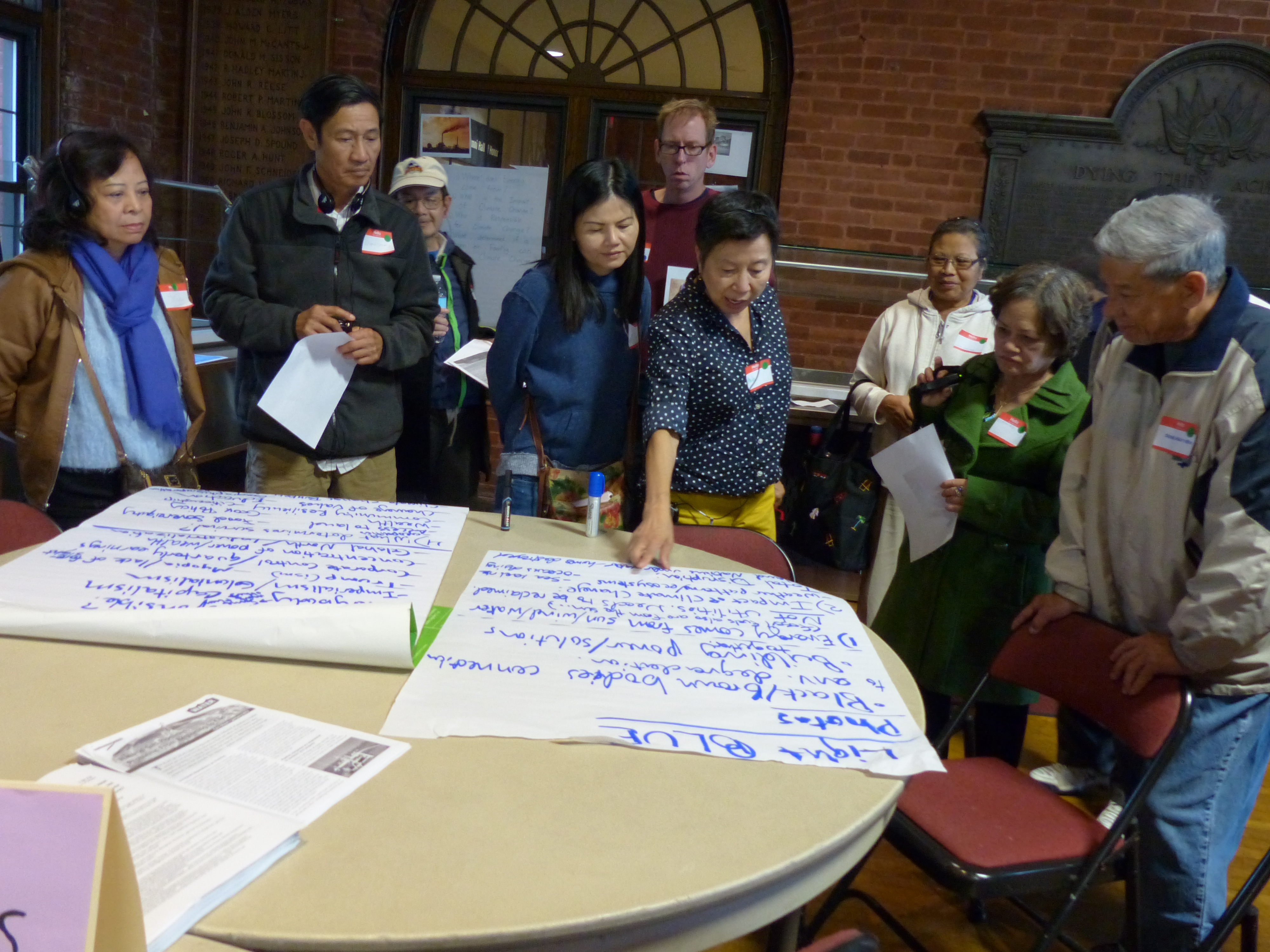
Worcester, MA is a gritty little outpost in Central Massachusetts, with the quaint feel of bygone glory days.
In cosmopolitan Boston, with its internationally renowned academic, financial and healthcare institutions, this caricature of our neighbor only an hour away- the second largest city in New England- is a common perception. So ingrained is this idea in fact, that it translates into monumental material impacts like infrequent transit connections, meager media attention to issues of significance in Worcester and a paucity of economic development initiatives by the Boston-oriented legislature.
Indeed, Worcester could easily have been another floundering “gateway city”. These former centers of industry in Massachusetts have seen steep decades-long declines in their fortunes as low-tech manufacturing activity has all but ceased in the state. But Worcester is transitioning, with a surge of capital investment and innovation jump-starting an independent and surprisingly robust resurgence.
In the 1980s, city and state leaders re-envisioned greater Worcester as a 21st century tech hub. With an eye to the fast-growing biotech sector as a major economic driver in neighboring Boston, they raised funds to build out a 21st century economic infrastructure. Over time, UMass Medical Center cemented its role as the centerpiece of a regional healthcare and biomedical hub.
A couple of decades later, public officials and business leaders began exploring a parallel process focused on a clean energy nucleus that might attract energy startups and new capital, while taking advantage of the steady stream of intellectual capital emerging from the nine local higher education institutions. Boston already had an overheated clean energy scene driven by its world-class academic research, but Worcester had something Boston couldn’t promise- cheap real estate and close municipal attention- and maybe could develop a symbiotic relationship with Boston that was complementary rather than competitive.
In 2018, this effort is growing. Various local anchor institutions such as Clark University have started the Clean Tech Incubator (WCTI), a shared office space in a former industrial space downtown for energy startups looking to make their mark. Recent years have also seen ambitious municipal solar and efficiency efforts, plus rumors of a large-scale anaerobic digestor and a possible municipal microgrid.
With an eye to these developments, Clean Water’s own work has centered on a partnership with long-time local energy activists to develop an ‘energy democracy’ organizing project called Renewable Energy Worcester (RENEW). This newcomer draws on the patient work of predecessors like the Worcester Solidarity and Green Economy (SAGE) Alliance, which for years organized conferences and drew together a base of support from across the region to envision a transition to a fair and sustainable economy. This foundation has opened the door to real grassroots-led energy and economic alternatives with transformational potential.
CONTINUED IN PART 2…


